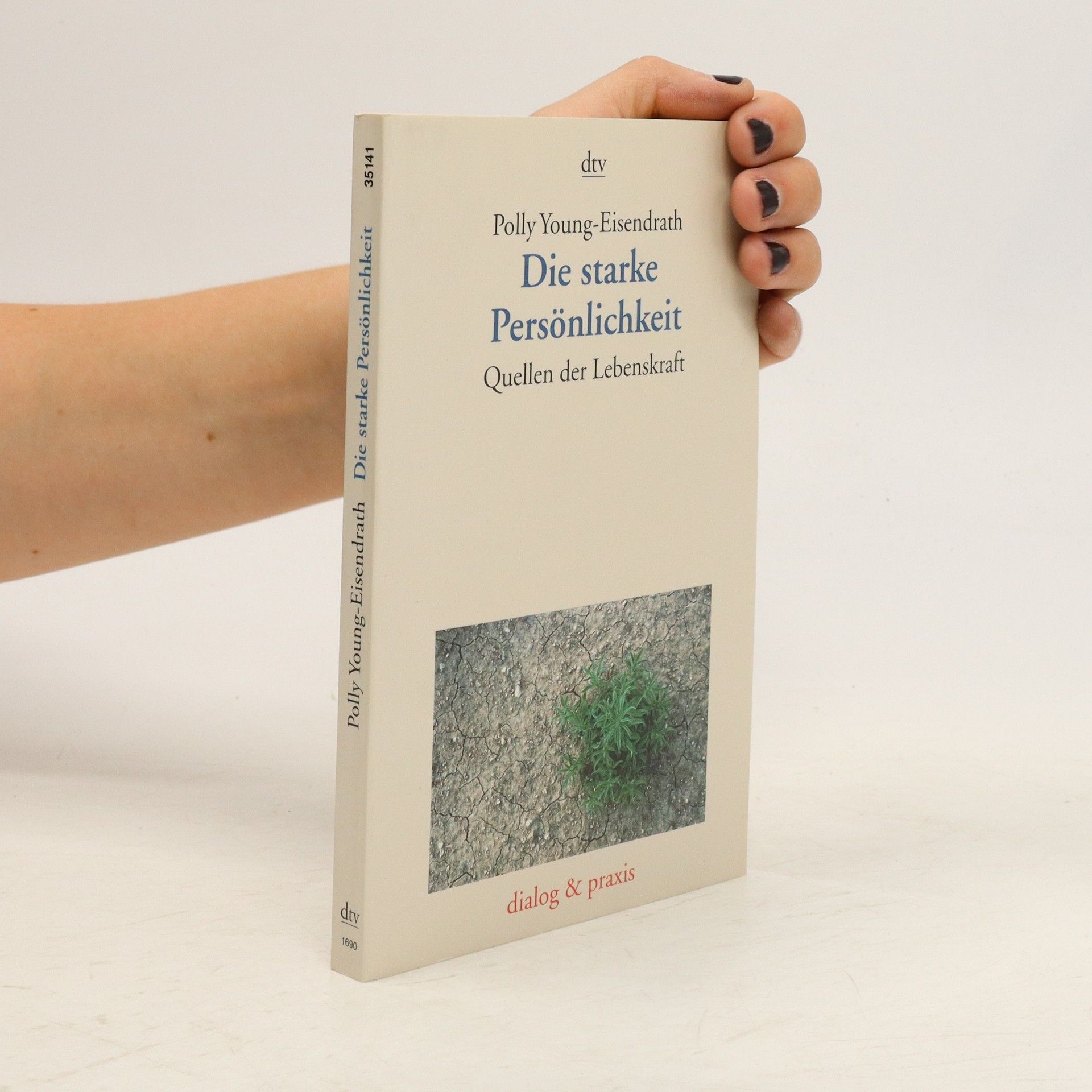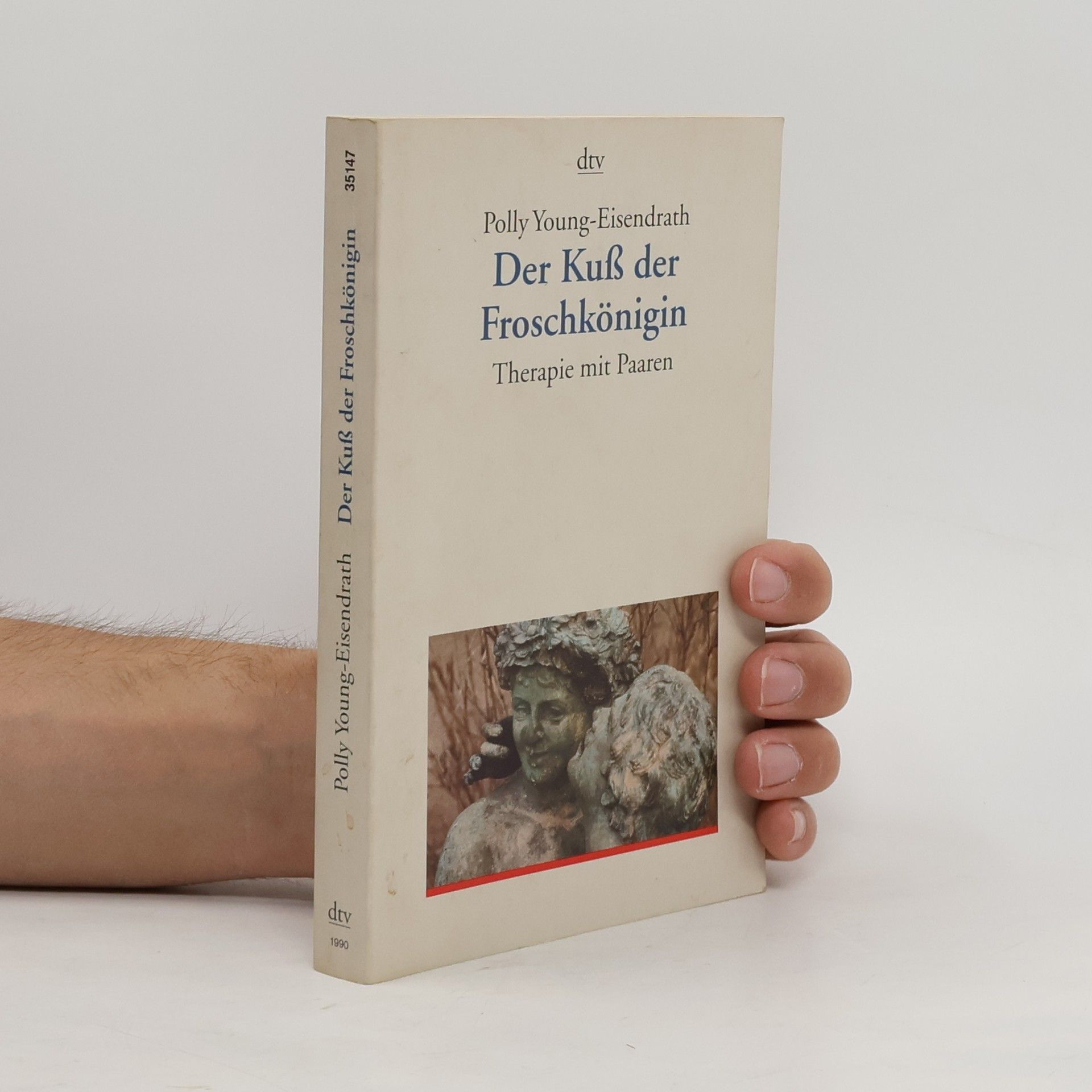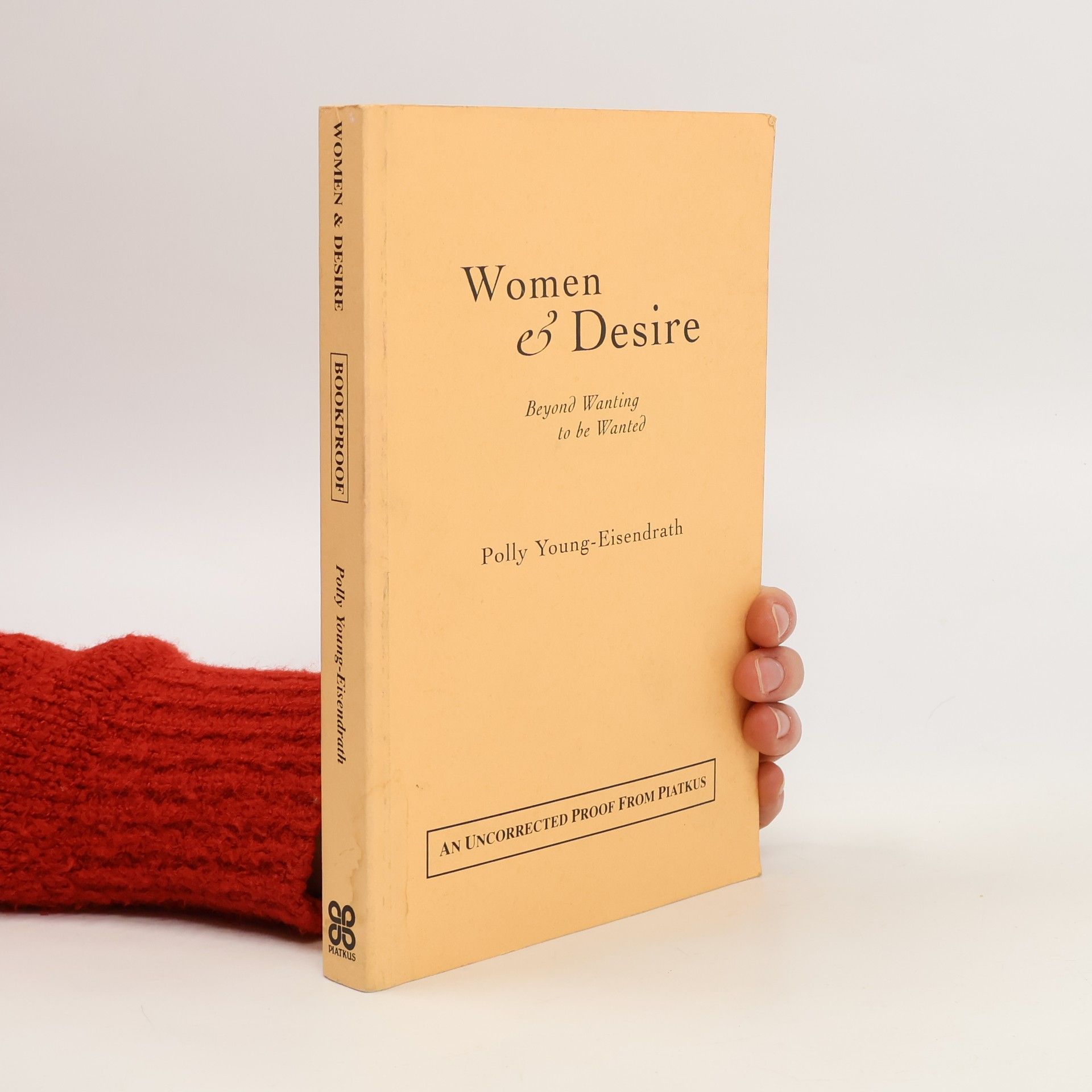Wenn Eltern es zu gut meinen
- 320 pages
- 12 hours of reading
Kinder müssen Kind sein dürfen Viele Eltern konfrontieren ihre Kinder heute mit einer Mischung aus Überforderung und übertriebener Fürsorge. Bereits früh bestimmen ausgefeilte Terminpläne den Rhythmus der Kleinen; zum „Ausgleich“ werden ihnen nach Möglichkeit alle materiellen Wünsche erfüllt. Eigenbestimmte Freiräume und die Möglichkeit, „auf die Nase zu fallen“, werden verwehrt. Aus diesen beiden Einflüssen entwickelt sich ein schädliches Gefühlsgemisch aus Selbstbezogenheit gepaart mit Versagensängsten und Anspruchsdenken einerseits sowie Überforderungsgefühlen und Depressionen andererseits. Die Psychotherapeutin und erfolgreiche Buchautorin Polly Young-Eisendrath hat in ihrer Praxis behütende und anspruchsvolle Eltern sowie überforderte und selbstbezogene Kinder betreut. Ihr Fazit daraus fasst sie in diesem Buch zusammen: 1. Bescheidenheit, Respekt und Gemeinschaftsgefühl wieder in den Vordergrund rücken; 2. Kinder haben ein Recht darauf, Fehler zu machen, um daraus zu lernen; und 3. Kinder dürfen „ganz normal“ sein. Denn das wichtigste in der Persönlichkeitsentwicklung ist die Fähigkeit, sich so anzunehmen wie man ist. • Ebenso wie der Bestseller „Warum unsere Kinder Tyrannen werden“ behandelt die Autorin ein problematisches Erziehungsmodell • Brillante Analyse heutiger Erziehungsdefizite • Eine Liebeserklärung an das „Wir“ in Zeiten der „Generation Ich“






